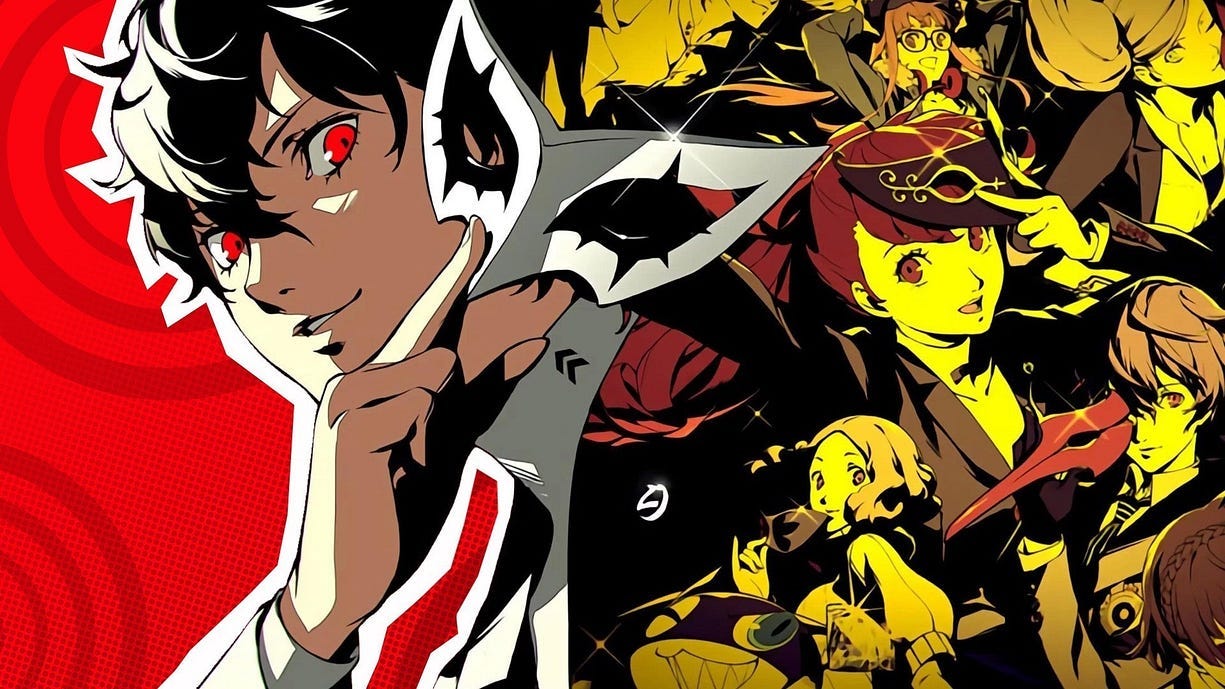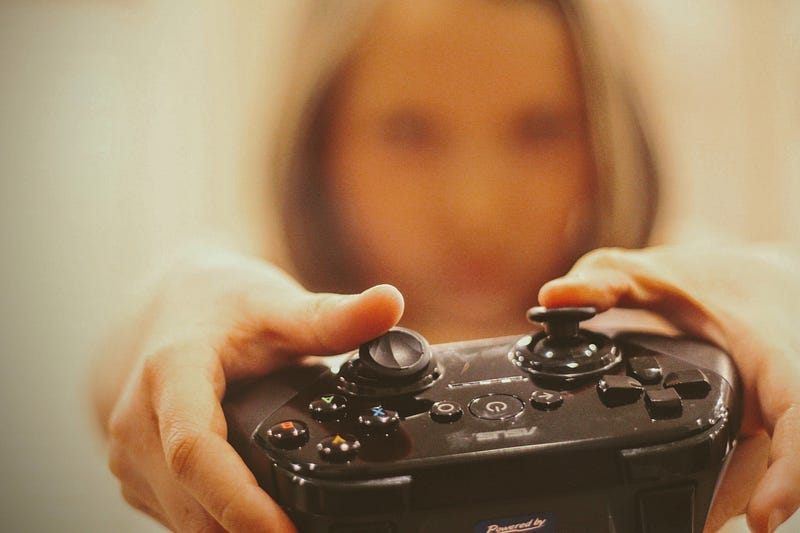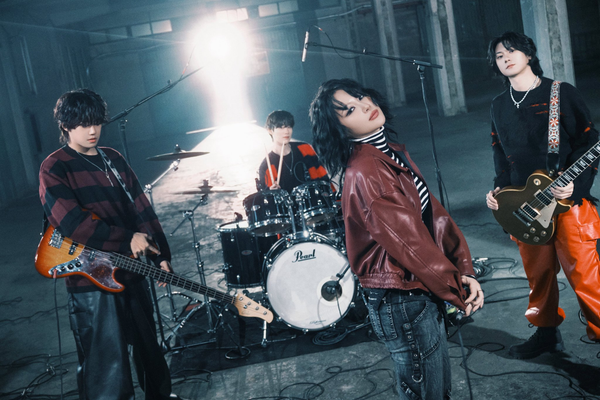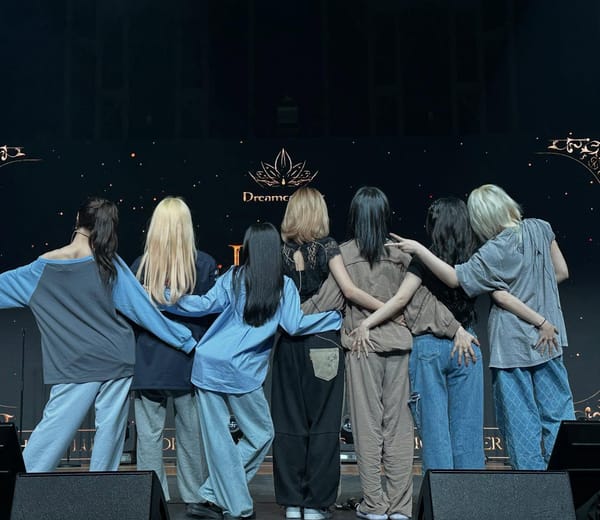Gaming’s escapism to sane in an insane COVID-19 world
Retreating into the fantastical world of games to deal with the unprecedented reality of a pandemic can and should be a welcome, short-term diversion.

Escapism is like one of those things you’d speak of as someone’s terrible secret as if they were engaging in some kind of scandalous behavior. “Hey, don’t tell anyone,” you say in a low, quiet tone to a confidant around the water cooler at work “but I heard that Nick does some pretty hardcore escapism on weekends” — as if you’d talk about it the same way if Nick was doing hardcore cocaine during his Saturdays and Sundays.
And pairing escapism with something else that’s carried its own stigma throughout its history, despite evidence to the contrary? Now you’re just asking for the negative connotations to come running out of the woodwork, like ants to a piece of dropped picnic food. There’s plenty of partners in crime for escapism that has been portrayed as pulling a fast one over people, but perhaps none so visible and who have generated as much public debate as with video games.
With every neglected child, untimely death, and other such incidents that involve games, escapism is there to be touted as the villain, the sort of boogeyman that whispers in the ear of the unfortunate victim and leads them to a grisly, unfortunate end. The more the game offers the experience of escapism through immersion (I’ll just set aside the “I” word for another article since that’s another “dirty term”), the more the blame is set on the game’s ability to allow someone to escape what they would rather not deal with — that their escape was somehow framed as an insane way of dealing with a difficult, yet sane, world.
But what if the roles were reversed? What if that escape into gaming was actually the sane method of coping and the world itself was a bit insane, out of its gourd, off its rocker — you get the idea. What if, for all its stereotypical siren lure of fantasy, imagination, and identity change, games seemed more logical than what was happening in the real world?
Hello, COVID-19 pandemic, you can enter from stage right now.

Yet here we are, months into stay-at-home orders and masks as a requirement, sports, movies, and travel operating with restrictions or at a fraction of their normal levels, and a staggeringly high amount of unemployment as workers are furloughed or laid off in a variety of industries. Do they say this is the cliched “new normal”? It sounds pretty damn abnormal to me.
Is it a small wonder then, or any kind of surprise for that matter, that those of us inclined to do so use games as a way to escape? That games provide a kind of order, even if it’s a fantastical kind, that brings sense for a few hours to a chaotic reality? It shouldn’t be.

Destroy all the towers of the opposing team so you can access their nexus and win the match.
Run your daily quests, gear up your character, and the raid, and its loot will be yours in short order.
Get to the end of the castle, defeat the villainous spiked turtle thing, and save the princess.
Meanwhile, in reality, even as the world slowly attempts to get back to a sense of normalcy, there’s no certainty as to the endgame.
How do you beat the virus? Is it a vaccine, or new social policies, or enforced at-home orders? Is it all three? How do you balance recovery from what’s had to be done globally with safety? How do people who lost their jobs get back to work? How do businesses that shuttered (or even those that haven’t) get back to where they were before?

Compared to that, it doesn’t seem like what games are doing is so out there, so unordered, so insane to people. And maybe that’s why people inclined to play games are using them as that escape. When you look at how right now no one has all the answers, games seem to have all of them, at least in their boxed-in, self-contained experiences.
There will always be an unhealthy level of escapism for games because crossing the line into a substitution for reality rather than a temporary reprieve is never a good thing. But engaging in the activity at all shouldn’t be seen as an unhealthy escape from very real problems — especially when those problems don’t have many solutions or even ones that everyone can agree with.
No one knows for sure when things will be back to the way they were before in the real world — or even if they ever will be. In that sense, games, with their contained experiences set in imagined worlds, filled with characters both skilled and as powerful as we the players make them, provide at least some stable sanity, if only for a few hours, out of days filled with uncertainty.




